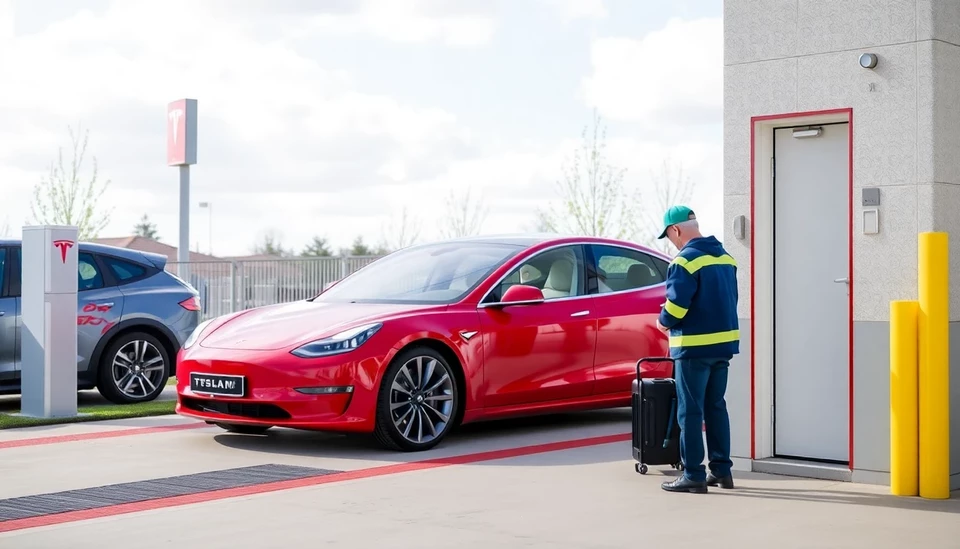
Tesla Workers Voice Frustration Over Insufficient Bathroom Breaks at German Facility
In a troubling revelation from Tesla’s Gigafactory in Germany, employees have come forward to express their dissatisfaction regarding the limited opportunities for bathroom breaks during their shifts. As the electric vehicle giant continues its ambitious production ramp-up in Europe, worker comfort and well-being seem to be taking a backseat amidst pressure to meet increasing demand.
Continue reading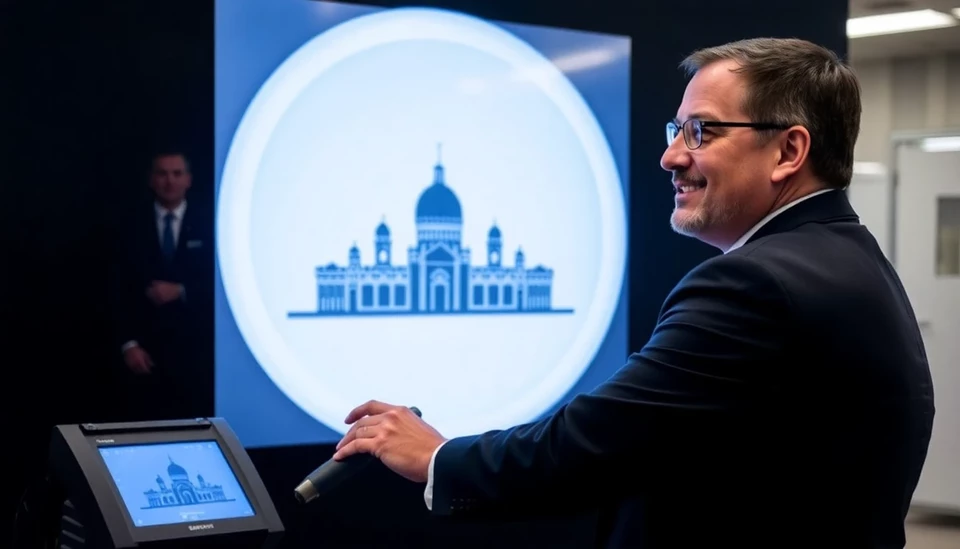
Hungarian Battery Production Faces Major Setback, Threatening Orban's Electric Vehicle Ambitions
In a significant development that could jeopardize Hungary’s aspirations in the electric vehicle (EV) sector, the country has experienced a dramatic decline in battery output. This downturn poses serious challenges for Prime Minister Viktor Orban's vision of transforming Hungary into a leading hub for electric vehicle production in Europe.
Continue reading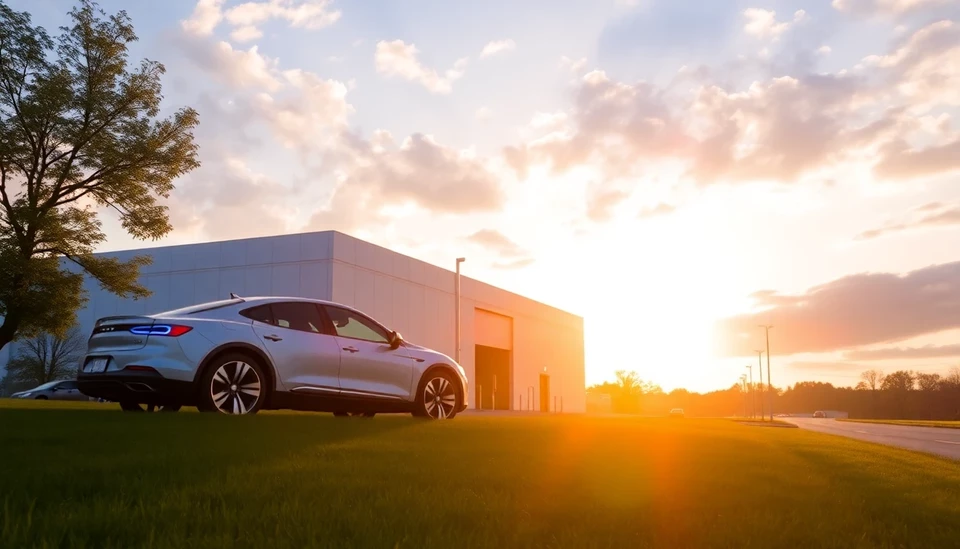
Nikola Corporation on the Brink: Potential Bankruptcy Sparks Stock Decline
In a startling development for the electric vehicle industry, Nikola Corporation is reportedly exploring the option of bankruptcy, sending its stock tumbling. This alarming news was first reported by The Wall Street Journal and has raised significant concerns among investors and industry analysts alike.
Continue reading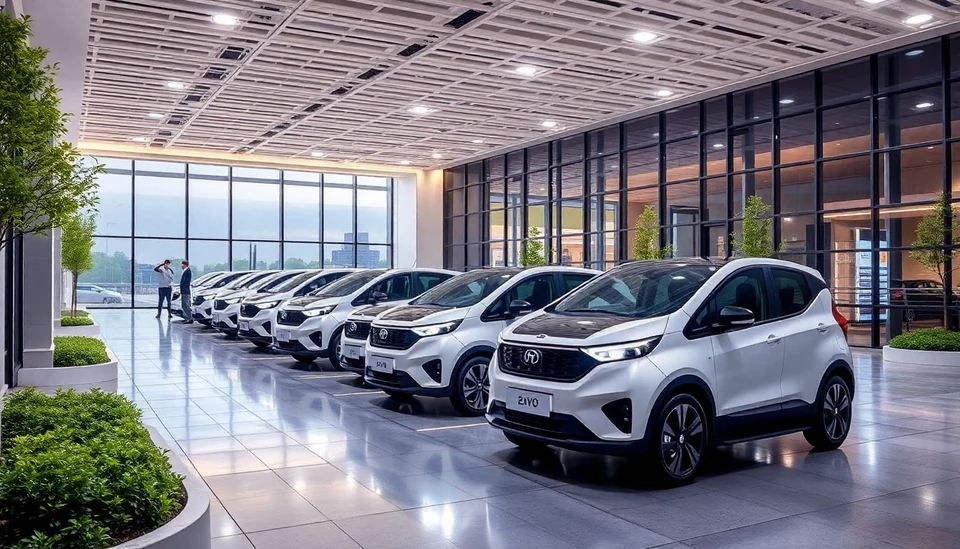
Evergrande's EV Unit Downsizing Amidst Ongoing Buyer Search
The financial turmoil surrounding China's Evergrande Group continues to escalate, as its electric vehicle (EV) division takes further steps to adapt to the challenging economic landscape. In a profound move, the struggling subsidiary has announced significant job cuts as it seeks potential buyers for its operations. This development represents another chapter in the company's efforts to stabilize amidst ongoing fiscal distress.
Continue reading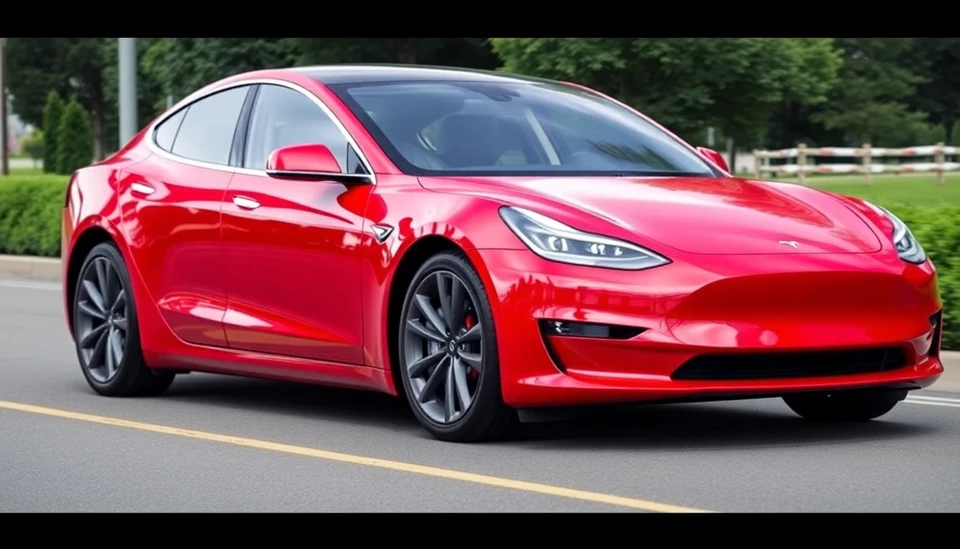
Tesla's Stock Surge Faces Challenges Amidst Potential Annual Sales Dip
In a striking turn of events, Tesla Inc. has witnessed a significant surge in its stock prices, creating a glimmer of hope for investors. With the shares climbing impressively higher, some analysts predict that these gains may soon encounter the harsh reality of a potential decline in annual sales. As 2024 approaches, the dichotomy between soaring stock prices and dwindling sales figures raises critical questions about the electric vehicle (EV) manufacturer's future performance and market strategy.
Continue reading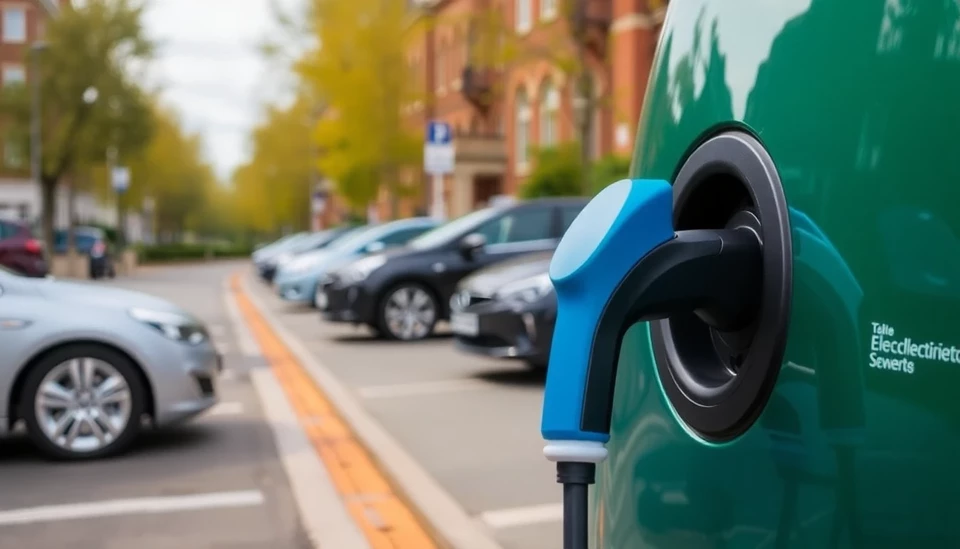
UK Government Initiates Review of Controversial Electric Vehicle Sales Mandate
The UK government has announced a comprehensive review of its electric vehicle (EV) sales mandate, which has come under fire from industry stakeholders. This re-evaluation comes as pressures mount from both manufacturers and consumer groups, who argue that the current targets may be unrealistic and could disrupt the transition to greener transport.
Continue reading
China's Battery Exports to the U.S. Surge to Unprecedented Levels Amid Growing Demand
In a significant development within the global trade landscape, China's exports of battery technology to the United States have skyrocketed, reaching an all-time high of $1.9 billion. This surge reflects the increasing demand for electric vehicles (EVs) and renewable energy solutions, as the American market pivots toward sustainable energy sources and reduces its reliance on fossil fuels.
Continue reading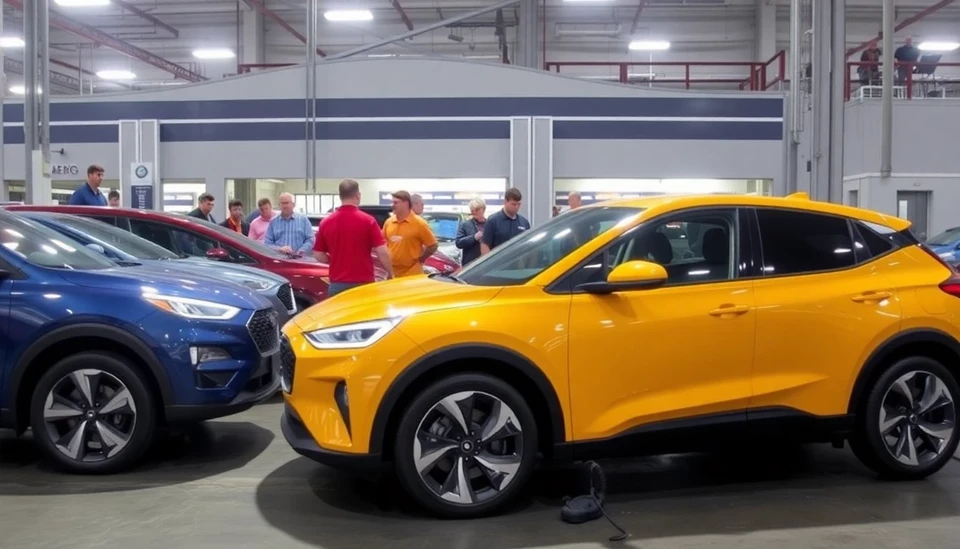
UAW and Rivian Forge Unlikely Pact to Streamline Unionization of Electric Vehicle Workers
In a surprising turn of events, the United Auto Workers (UAW) union and electric vehicle manufacturer Rivian have reached a secret agreement aimed at simplifying the unionization process for employees at Rivian's production facilities. This pivotal pact is expected to ease the path for workers seeking to join the union and could set a precedent for other companies in the burgeoning electric vehicle sector.
Continue reading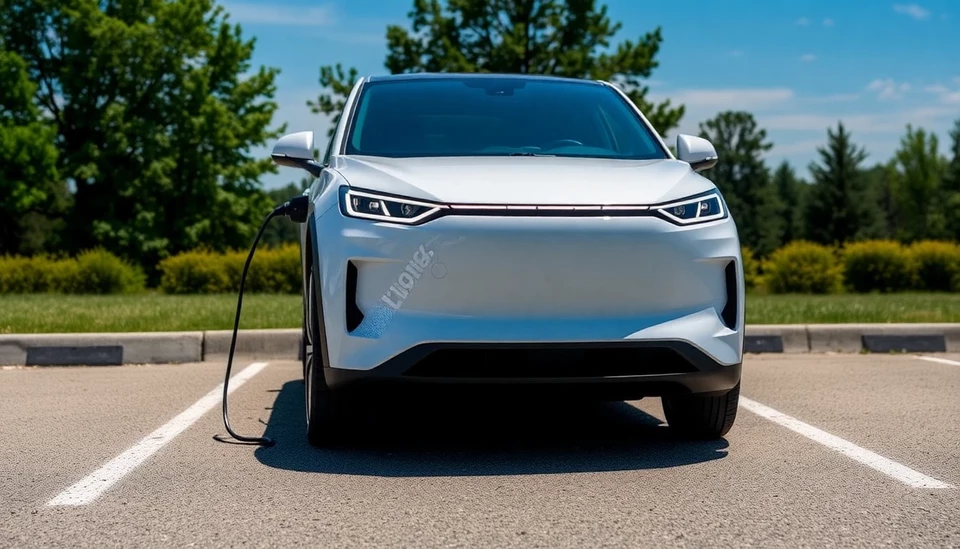
Lion Electric Faces Imminent Bankruptcy Amidst Evolving EV Landscape
In a dramatic turn of events, Lion Electric, a leading manufacturer in the electric vehicle (EV) market, is bracing for a possible bankruptcy filing. This revelation comes as the company grapples with mounting financial pressures amid an increasingly competitive landscape dominated by traditional automakers ramping up their own electric vehicle initiatives.
Continue reading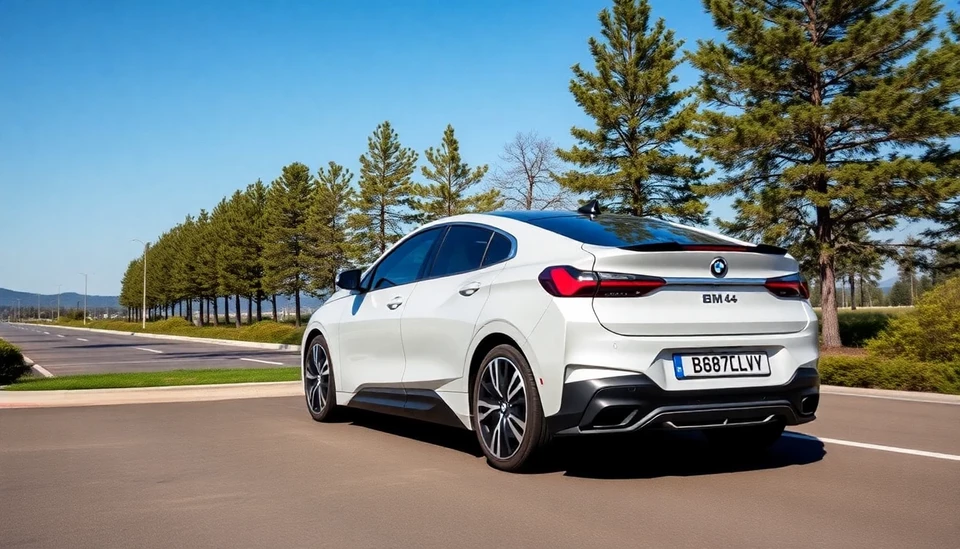
Countdown to Northvolt's Collapse: BMW's Decision Sparks Alarm in the EV Battery Sector
The Swedish battery manufacturer Northvolt is reportedly on the brink of a significant collapse, primarily triggered by BMW’s decision to withdraw from its partnership with the company. This development has sent shockwaves through the electric vehicle (EV) battery industry, raising concerns over Northvolt’s capacity to sustain its operations and fulfill the increasing demands of the electrification trend that has gripped the automotive world.
Continue reading